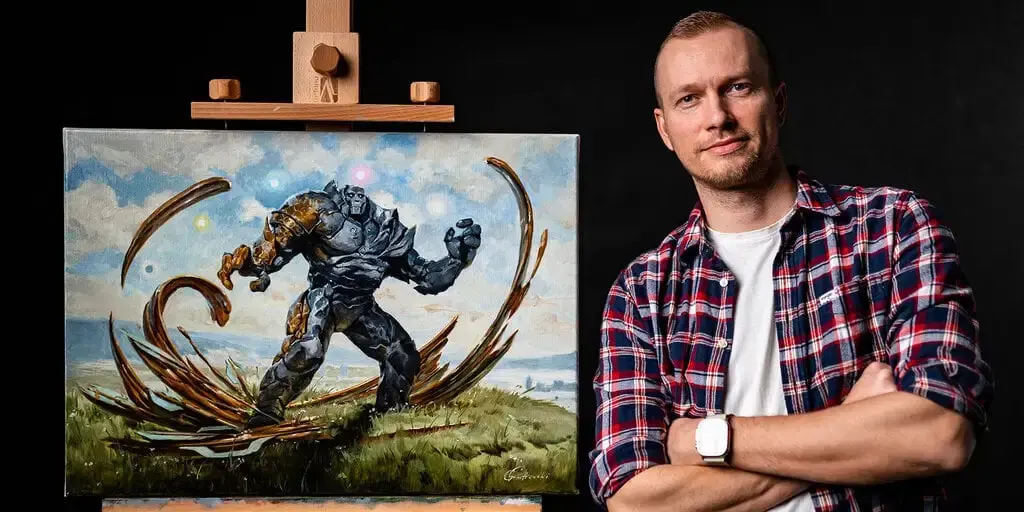Greg Rutkowski, a digital artist known for his surreal style, opposes AI art but his name and style have been frequently used by AI art generators without his consent. In response, Stable Diffusion removed his work from their dataset in version 2.0. However, the community has now created a tool to emulate Rutkowski’s style against his wishes using a LoRA model. While some argue this is unethical, others justify it since Rutkowski’s art has already been widely used in Stable Diffusion 1.5. The debate highlights the blurry line between innovation and infringement in the emerging field of AI art.



Here’s my argument: tough titties. Everything Greg Rutkowski has ever drawn or made has been inspired by other things he has seen and the experiences of his life, and this applies to all of us. Indeed, one cannot usually have experiences without the participation of others. Everyone wants to think they are special, and of course we are to someone, but to everyone no one is special. Since all of our work is based upon the work of everyone who came before us, then all of our work belongs to everyone. So tough fucking titties, welcome to the world of computer science, control c and control v is heavily encouraged.
In that Beatles documentary, Paul McCartney said he thought that once you uttered the words into the microphone, it belonged to everyone. Little did he know how right he actually was.
You think there is a line between innovation and infringement? Wrong, They are the same thing.
And for the record, I’m fine with anyone stealing my art. They can even sell it as their own. Attribution is for the vain.
Greg wants to get paid, remove the threat of poverty from the loss of control and its a nonissue.
Not every human activity deserves compensation
Compensation shouldn’t be an aspect of most human activity.
But every human activity desirable to others deserve compensation. If you want someone to do something for you or make something for you or entertain you then it deserves compensation. The way ads on the internet have trained a lot of people to think that a lot of entertainment et cetera on the internet is free has been a negative for this. But at the same time that ad-supported model does make it more available to people that otherwise couldn’t afford the price of admission. It’s partly democratizing, but it’s also a scourge.
Even if that were true it wouldn’t apply to this situation. The man wants monopoly rights to his art style. That’s insane.
I think people forget the reality when they take their supposedly brave and oh so altruistic stance of “there should be no copyright”.
When people already know they won’t even have a small chance of getting paid for the art they create, we will run out of artists.
Because most can not afford to learn and practice that craft without getting any form of payment. It will become a very rare hobby of a few decadent rich people who can afford to learn something like illustration in their free time.
Art is a part of the human condition. Whether or not it can be commercialised, it will endure as a past-time, just not as a vocation.
If a company stole your art and copyrighted it such that it no longer belonged to everyone, in the same way that a Beatles record cannot be freely and openly shared, would you be fine with that?
You’re fine with someone stealing your art and selling it?
A sad fact but undeniable truth. I work in the industry. It’s standard for us to do mood boards. I have a lot hate relationship with them because it can be helpful to hone the design to a client’s liking and get your bearings. But, the fact it’s essentially what AI is doing by “borrowing” existing art as a reference. It’s the exact same thing. And that’s why I hate doing it. Because I don’t want to take someone’s button or background pattern.
Regardless of how I feel, I still can’t recognize AI as being “stealing” but industry accepted practices that do the exact same thing aren’t?